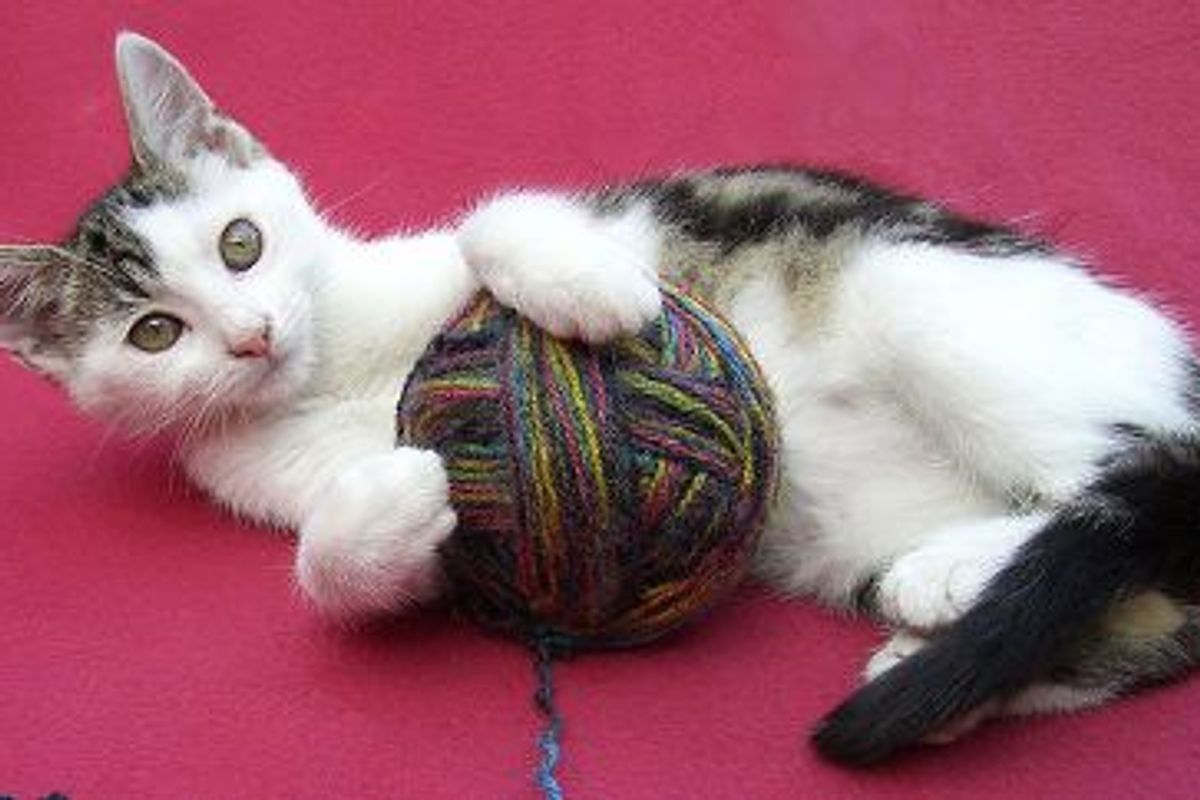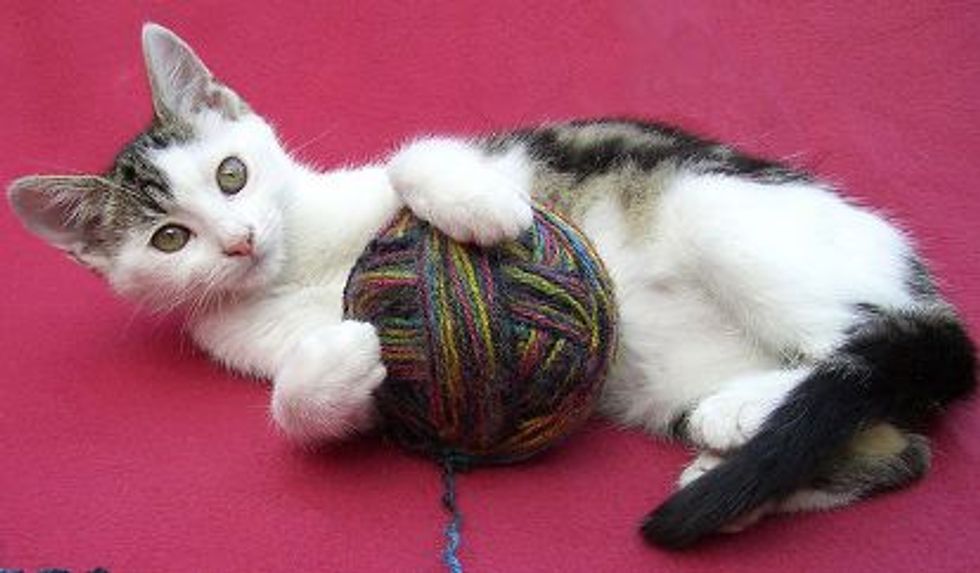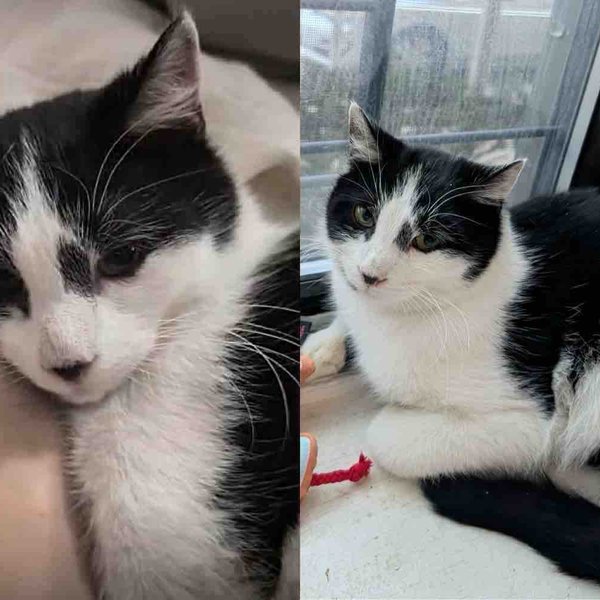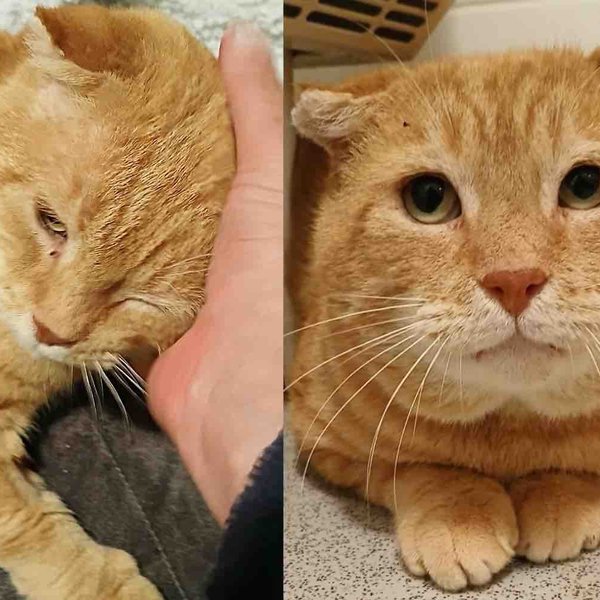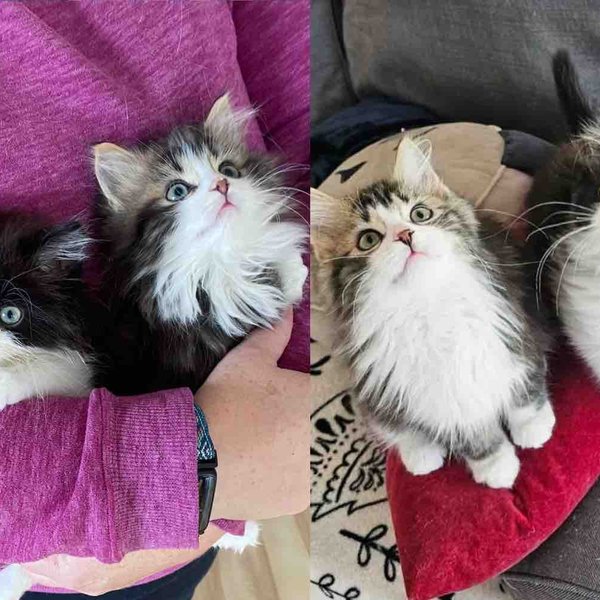What would you do if you were back from a long business trip and found one side of your couch completely torn and clawed up, a roll of toilet paper turned into confetti and all the pens you neatly placed in the pen holder were strewn everywhere on your bedroom floor? Would you reprimand your cat and tell him what he did was bad? Would you get angry and emotional at the little one about the mess he made? If you did get angry at your cat, you might see your kitty fleeing to a hiding spot. Does it mean that he is feeling sorry now?
Let's step back a bit to see the problem here:
Guilt:
Cats do not experience or express guilt for what they do. There is an explanation to your cat's "destructive" behavior. Though we may perceive their "bad" behavior as unacceptable, for cats, they do not have the intellect to recognize what they do is wrong and to self-reflect on matters. The reason of them hiding after being yelled at, is because they are confused of why you are so angry and are frightened by the way you talk to them. Cats can express fear and submission. When they feel threatened, they fear. When they lose a fight against another cat, they become submissive.
Reason for their "bad" behavior:
The reason of their "bad" behavior in this case is due to either boredom or separation anxiety. When cats are left alone for too long, they will look for things to entertain themselves. If they are not provided with cat toys, they may turn to furniture, office supplies or even kitchen utensils. This is especially true for those athletic breeds such as Bengal, Egyptian Mau and Savannah who require a high level of activities each day to keep up with their energy.
Certain cats' temperament makes them extremely attached to their owners and may become anxious when their companions are away for a period of time. Separation anxiety is observed through loss of appetite, lethargy, abnormal behavior such as scratching furniture and/or even urinating outside the litter box.
Ways to prevent unpleasant behavior:
There are things we can do to help ease your cat's solitude and occupy their attention in your absence:
- purchase a few battery-powered moving toys
- get an interactive toy especially one with a trackball
- set up a window perch for your cat to watch passing squirrels, flying birds or falling leaves
- leave the radio on to add human sound to the house
- there are cat-enticing videos that show images of moving objects that cat are attracted to
- cover areas that you don't want your cats to scratch
- tidy up your room and put away all the things you don't want your cat to play with
When you return home, do not scold your cat for any mess he made. Provide him a lot of attention and affection to assure him that you are there for him.
Via: the Cat Behavior (Answer Book) by Arden Moore

